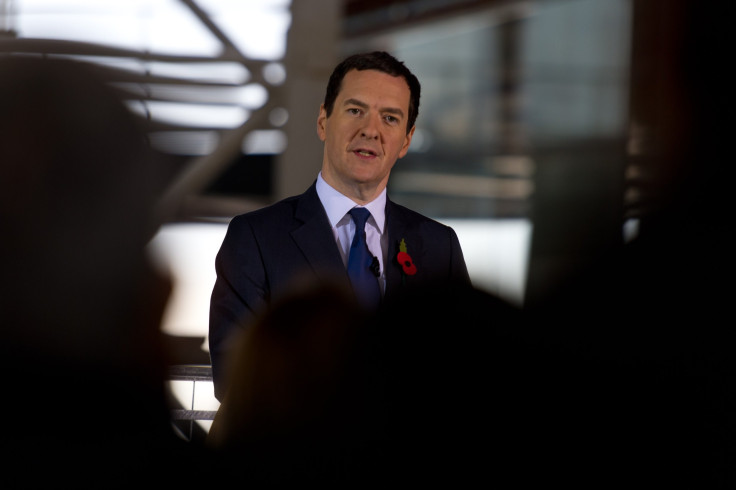Britain’s Osborne Plans Spending Cuts In Budget Citing Global Slump, Brexit Uncertainty

British Finance Minister George Osborne said he would propose further cuts to government spending at the annual budget announcement Wednesday but said that the cuts would not be “drastic.”
“The hopes of a stronger global recovery have evaporated," Osborne said, in an interview published in the Sun, a popular British tabloid, on Sunday. The world was facing its most uncertain time since the 2008-2009 financial crisis due to slowdown in China's economic growth, the extended run of low commodity and oil prices, interest rate changes in some countries and political instability in the Middle East, he added.
“We’re going to need to look for more savings in public spending, so that the country lives within its means,” Osborne wrote.
Osborne noted that the British referendum to leave the European Union, scheduled to be held in June, also added to the uncertainty.
"An exit from the EU would create an economic shock, it would cost jobs, damage living standards and it would represent a big leap in the dark," he reportedly said.
Britain's economy grew by 2.2 percent in 2015, weaker than growth of 2.4 percent forecast in the government's latest budget projections.
Many economists, cited by Reuters, have questioned Osborne's pursuit of a budget surplus and have warned that cutting spending now might aggravate the slowing of Britain's economy.
The finance minister reaffirmed his drive to Britain’s austerity plan but declined to comment on whether he planned to increase tax revenue by raising duties levied on fuel sales, a widely popular option given the continued low prices of crude oil.
Osborne also said Sunday that Wednesday’s budget statement would include action to ensure the U.K. stuck to his plan to fix its weakening economy.
© Copyright IBTimes 2024. All rights reserved.











